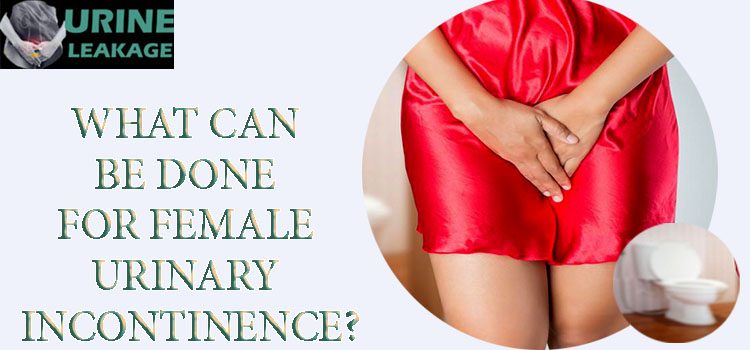Urinary incontinence (UI), or the involuntary leakage of pee, is a frequent problem that no one likes to discuss. Many individuals are too embarrassed to seek assistance because of the stigma attached to it. The majority of UI-causing illnesses, on the other hand, may be treated with medicinal or non-medical treatments.
UI occurs when the muscles in the bladder that regulate the flow of urine tighten or relax spontaneously, resulting in leaks or uncontrolled urinating. It affects much more women than males. Although UI is not an illness in and of itself, it may be a sign of a more serious medical condition.
Urinary Incontinence Signs and Symptoms
You should consult a doctor if you have any of the following symptoms:
- Leaking urine while typical activities such as lifting, bending, coughing, or exercising
- Sudden, intense needs to pee; feeling as if you won’t be able to get to the bathroom in time
- Leaking urine without any warning indication or desire
Urinary Incontinence Causes (UI)
Incontinence may be a one-time issue brought on by a vaginal or urinary tract infection (UTI), constipation, or certain medicines, or it can be a persistent problem.
The following are the most frequent causes of chronic incontinence:
- Overactive bladder muscles
- Weakened pelvic floor muscles
- Nerve damage that affects bladder control
- Interstitial cystitis (chronic bladder inflammation) or other bladder conditions
- A disability or limitation that makes it difficult to get to the toilet quickly
- Surgery side effects
- Obstruction
Overflow incontinence is a kind of urinary incontinence. This happens when a person’s bladder cannot empty fully and overflows when fresh pee is generated. It’s common in individuals who have diabetes or have had spinal cord injuries.
- Urinary incontinence (mixed) – You have proof of many types.
- Incontinence that isn’t due to a medical condition- This kind of incontinence is caused by the practicalities of getting to a toilet in time, rather than a bladder problem. It’s most common among older or handicapped individuals who have normal or near-normal bladder control but are unable to use the restroom in a timely manner due to mobility issues or disorientation.
Dr. H.B Shandilya, Ayurvedacharya (B.A.M.M.S) Bachelor of Ayurveda with Mordern Medicine & Surgery Institutionally qualified from a renowned Govt. Ayurvedic College Lucknow under Lucknow University. Having served for over 40 Years, I have attained prowess on treating Pelvic Organ Prolapse (POP) and Urine Incontinence in WOMEN with Unique Miraculous Poly Herbal Formula which is clinically time tested. We are from a traditional family of Ayurveda.




